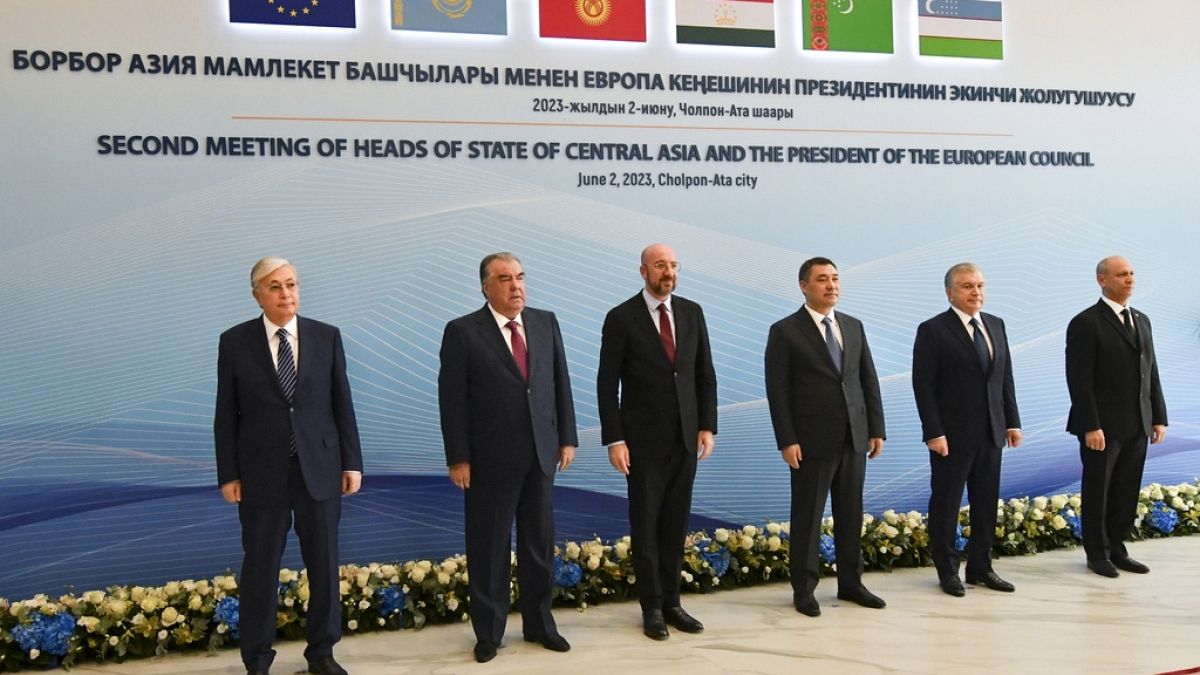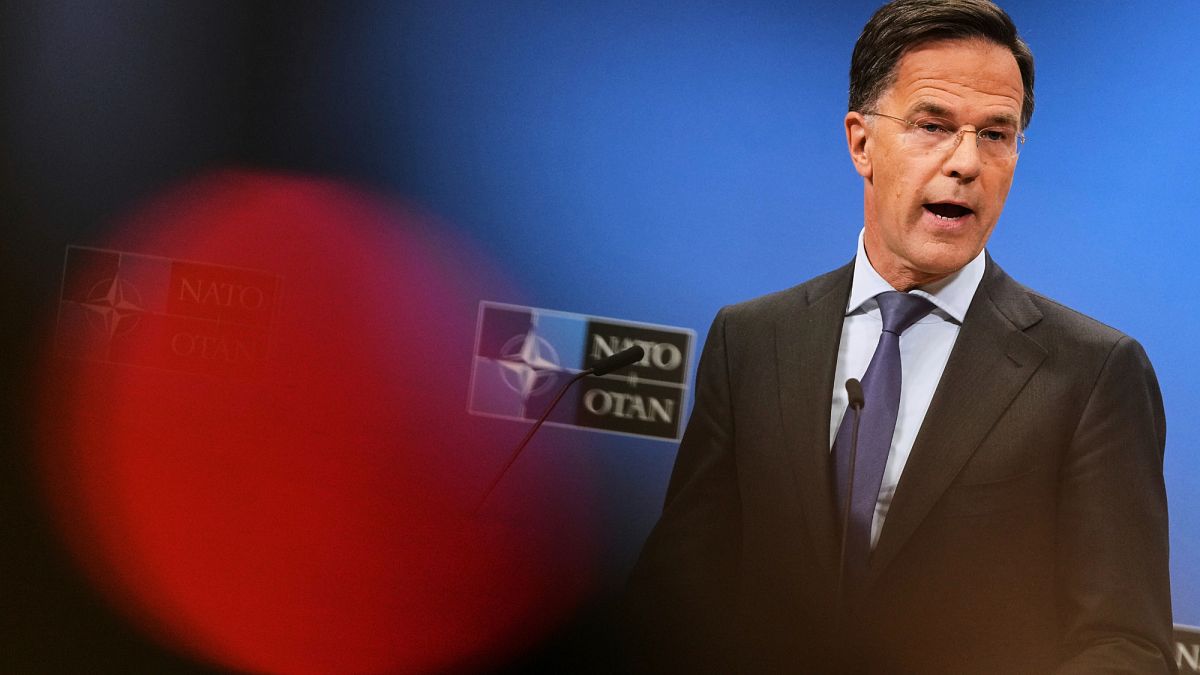Energy and AI leaders say their industries must pick up the pace to stop powering data centres with fossil fuels.
Energy and artificial intelligence (AI) leaders say that the tech industry needs to pick up the pace on building innovative new technologies to get artificial data centres away from using fossil fuels.
“We have the technologies to solve this, we have the knowledge, the capital is willing to move in, but we have to pick up the pace. So I think the direction is very clear, but the pace is not,” Anna Borg, CEO of energy company Vattenfall AB, told an audience at Mobile World Congress in Barcelona.
“We’re going to need all the technologies that we can get our hands on in order to meet this demand”.
The non-profit Beyond Fossil Fuels has estimated that electricity demand in Europe due to data centre investment could rise by up to 160 per cent by 2030.
If fossil fuels meet that energy demand, data centre emissions could grow from 5 million tons of carbon dioxide in 2025 to roughly 39 million by the end of the decade.
Ami Badani, chief marketing officer for ARM, a British semiconductor company, said that energy usage is manageable for now.
But, if AI companies want to reach artificial general intelligence where models have the same reasoning skills as humans, Badani said much more power will be needed.
“Today it doesn’t look like we’re in a horrible opposition, but if we want to scale … and don't solve the energy problem, we will be in a very bad position for sure,” Badani said.
She said companies will have to look at how to optimise energy at every level of a data centre, from the computing chips to cooling racks and more energy-efficient computing methods.
Many of the technologies that can help with energy reduction haven’t been created yet, but now that there’s a “microscope” on the problem, Borg believes there will be enough innovation to create the solutions needed.
In some cases, Borg said AI is already being used to help companies optimise how the grid provides different types of energy like hydro and wind power.
Peter Sarlin, co-founder of AMD Silo AI, said most of the industry is moving towards smaller language models that will provide industry-specific knowledge for customers.
These smaller models will need less power and would weaken energy demand, he said.

 4 weeks ago
10
4 weeks ago
10






 We deliver critical software at unparalleled value and speed to help your business thrive
We deliver critical software at unparalleled value and speed to help your business thrive






 English (US) ·
English (US) ·